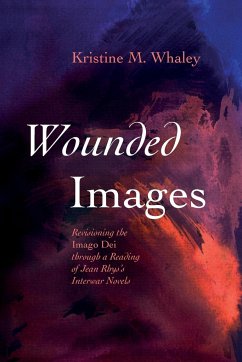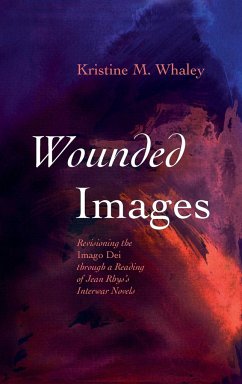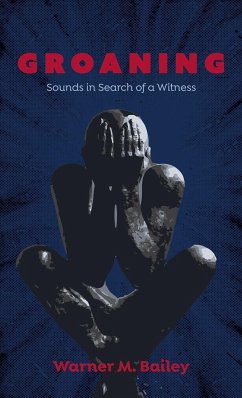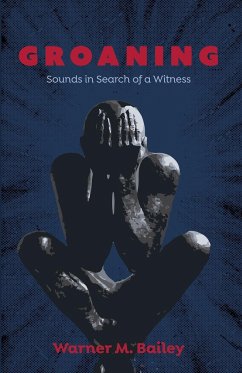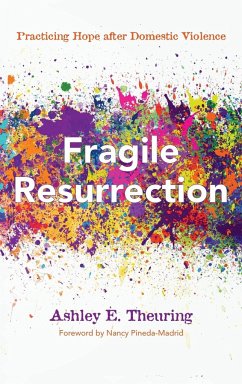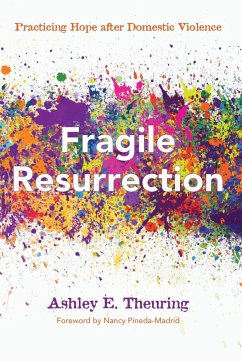This volume works through deconstructing traditional models of the imago Dei in search of a more inclusive understanding of the doctrine, one that allows for literature to bring important questions to bear. Brief analyses of Karl Barth and Paul Tillich and then growing dissatisfaction with the two in various liberation theologies brings to light the problems of a perfected image of God. An exploration of four novels by Jean Rhys between 1928 and 1939 then follows the footsteps of Katie Cannon and others who include literature in their theological work. The Rhys novels follow tragic stories of women who are wounded both by others and by their own inability to see themselves as worthy. Through the questions these women ask about themselves and God, the reconstruction of the imago Dei is set up. This reconstruction centers trauma, wounds, and a non-contrastive transcendence that Kathryn Tanner defines. Ultimately it is not in how we are perfect, but rather through our risks, our wounds, and even our grief that we connect to God.
Bitte wählen Sie Ihr Anliegen aus.
Rechnungen
Retourenschein anfordern
Bestellstatus
Storno

